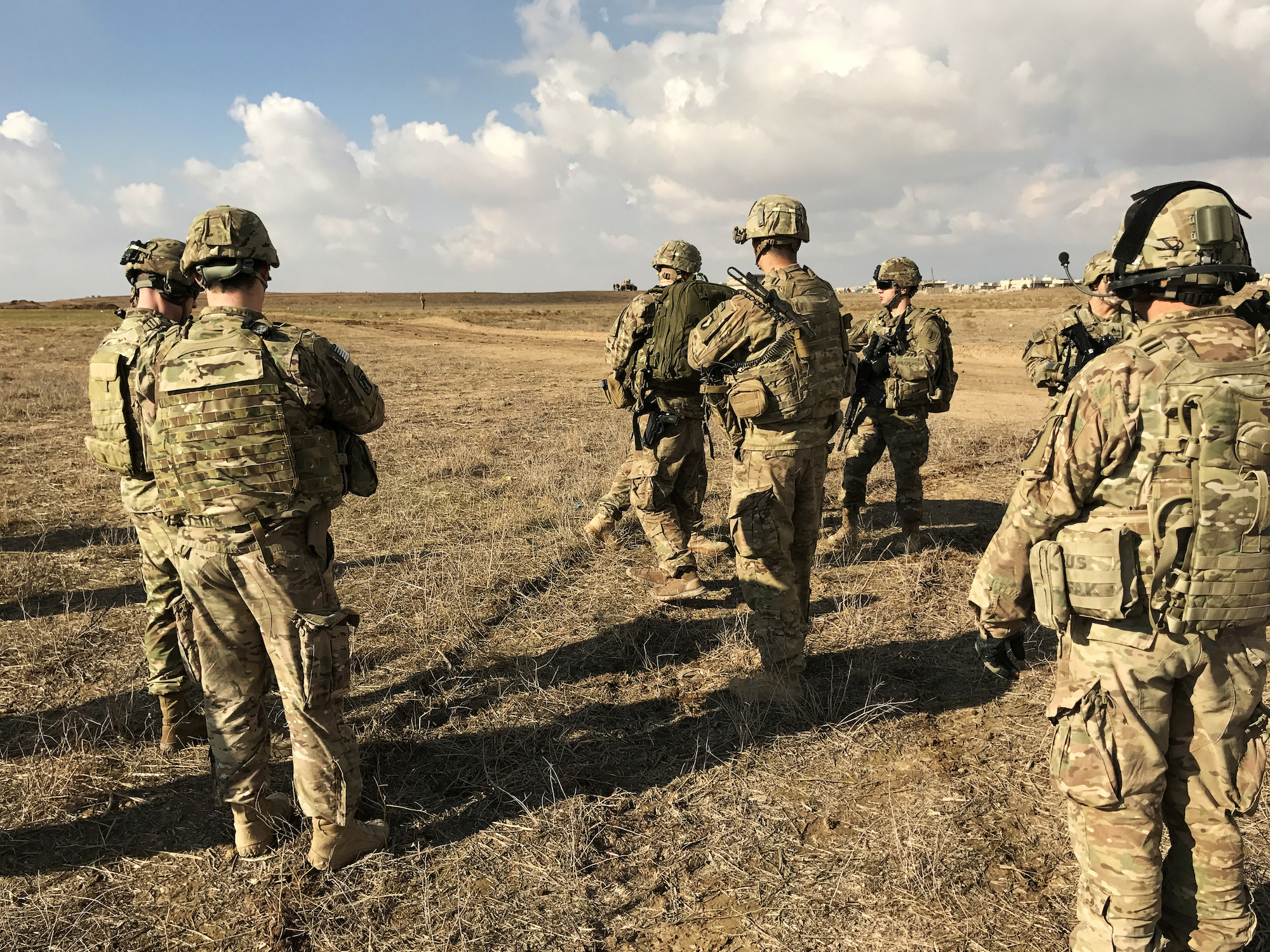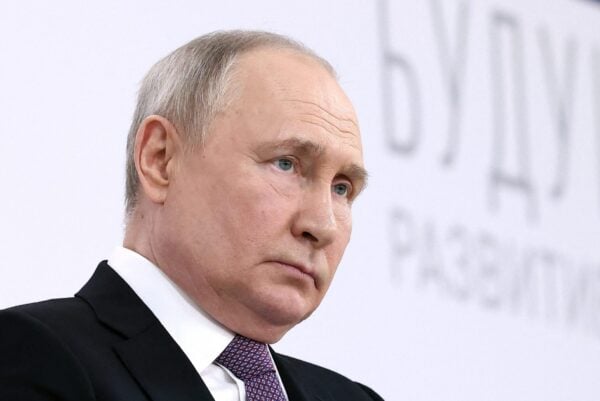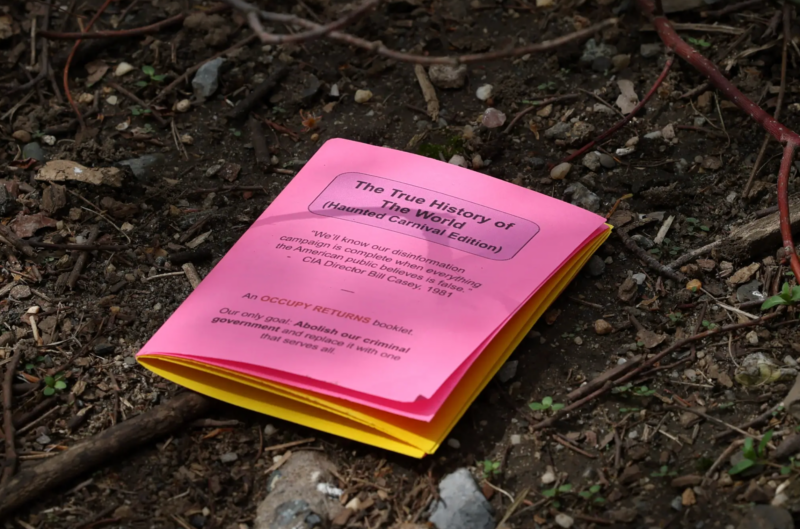- The United States government is flexing its muscles to Iraq over the country’s threats to oust some 5,300 US troops from the country.
- The US State Department warned that if its troops are expelled, the US could cut off access to a key Iraqi bank account held at the Federal Reserve Bank of New York that holds billions in oil revenues, Iraqi officials told The Wall Street Journal.
- Shutting off the spigot to Iraq could squeeze the country’s access to cash, gumming up its financial system and wreaking havoc on its economy.
- The warning to Iraq is the latest in the fallout from the US missile strike on Iraqi soil last week that killed a top Iranian general.
- Visit Business Insider’s homepage for more stories
The United States government is flexing its muscles to Iraq, warning there could be stiff financial consequences if the country follows through on efforts to expel US military forces in response to the US missile strike on Iraqi soil last week that killed a top Iranian general.
In light of overtures by Iraqi politicians to remove some 5,300 US troops, the US State Department reportedly threatened that it could cut off access to a key Iraqi account held at the Federal Reserve Bank of New York that holds billions in oil revenues, Iraqi officials told The Wall Street Journal.
The New York Fed provides banking services to roughly 250 central banks and other government institutions, according to WSJ. Shutting off the spigot to Iraq could squeeze the country’s access to cash, gumming up its financial system and wreaking havoc on its economy.
The warning is the latest political dustup resulting from the January 3 assassination of Iranian Maj. Gen. Qassem Soleimani at Baghdad International Airport, which has inflamed political tensions in the region.
Following the attack, the Iraqi parliament passed a nonbinding resolution to oust the US military presence from the country, which earned backing from Prime Minister Adel Abdul-Mahdi.
President Trump responded by threatening sanctions on Iraq if it follows through on the reprisals.
Amid Abdul-Mahdi's support for the troop expulsion, US officials also reportedly warned the prime minister in a call on Wednesday of the potential fallout with the New York Fed and ensuing economic damage.
Representatives for the Fed, as well as the State and Treasury departments, declined to comment to the WSJ. Spokesmen for Iraq's prime minister, central bank, and embassy in Washington did not respond to requests for comment.
The move to freeze Iraq's assets at the Fed wouldn't be unprecedented.
The Federal Reserve has the power to cut off access to funds for countries facing sanctions or if it suspects the money could violate US law, the WSJ reported.
It did just that in 2015, halting Iraq's access to its funds at the Fed for several weeks amid suspicions the money was being funneled into the coffers of Iranian banks as well as ISIS.
It isn't clear how much of Iraq's money the Fed currently holds, but it had $3 billion in overnight deposits from the country's central bank at the end of 2018, according to WSJ.










